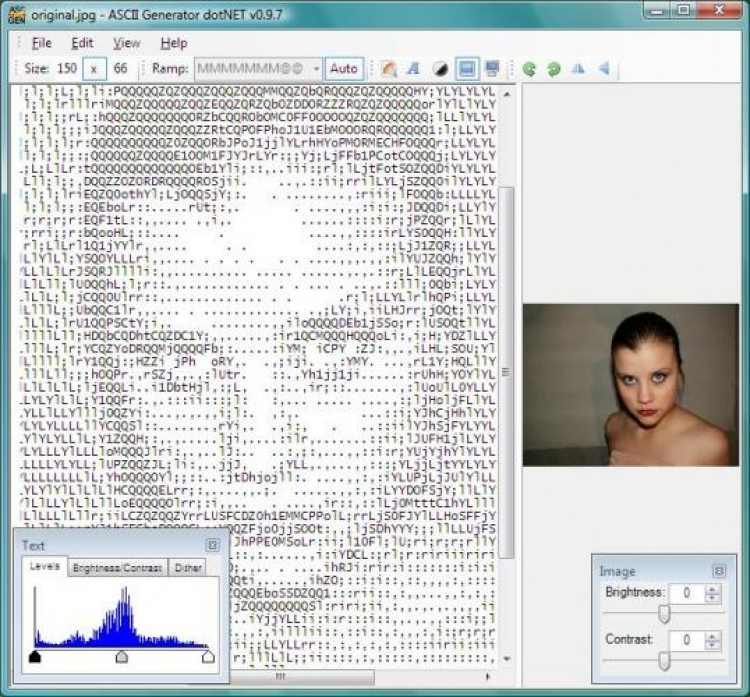The Role of AI in Image to Text Conversion
페이지 정보
작성자 erusul 댓글 0건 조회 351회 작성일 24-07-22 22:41본문
Imagine taking a visual snapshot and turning it into meaningful information. This process bridges the gap between visual and textual data, allowing us to extract details from images. By leveraging advanced technologies, we can translate the elements of an image into structured content. It’s not just about seeing; it’s about understanding what we see.
Understanding the Basics
At its core, this technique involves analyzing visual content to derive text. Sophisticated algorithms play a pivotal role here, transforming visual input into comprehensible written language. It’s akin to giving eyes to a machine, enabling it to describe what it perceives in words. This capability finds applications in various fields, including accessibility and data management.
Key Technologies in Use
- Optical Character Recognition (OCR): Recognizes and converts printed or handwritten text.
- Image Recognition Systems: Identifies objects and scenes, generating descriptive information.
- Machine Learning Models: Train systems to understand and interpret visual data.
These technologies combine to offer a seamless transition from image to descriptive content. They capture nuances and details that might be overlooked in a simple visual examination. By employing these tools, we gain a new way to interact with and utilize visual data.
Applications and Benefits
This method is not limited to a single domain. It’s utilized in digital archives, enhancing search capabilities by making visual content searchable through text. For instance, scanned documents become searchable and editable, aiding in historical research and legal documentation. Additionally, it benefits the visually impaired by converting visual content into readable formats.
Challenges and Considerations
Despite its advancements, challenges remain. Accuracy can vary, especially with complex or low-quality images. Ensuring the reliability of the converted content is crucial. As technology progresses, these challenges are being addressed, leading to more precise and efficient transformations.
In summary, turning images into text enriches our interaction with visual data. It’s a powerful tool that bridges sensory gaps and provides new ways to access and use information. As technology continues to evolve, the potential for this process expands, offering even greater opportunities for innovation and accessibility.
Applications and Benefits of OCR Technology
Optical Character Recognition (OCR) is a transformative technology. It converts visual information into actionable data. By recognizing and processing printed or handwritten text, OCR opens up countless possibilities. From digitizing old documents to enhancing accessibility, its applications are extensive.
One major advantage of OCR is efficiency. Businesses can quickly digitize paperwork, making data retrieval fast and accurate. No more sifting through stacks of files or laboriously typing information by hand. OCR streamlines the process, saving valuable time and reducing human error image to text.
Accessibility is another significant benefit. OCR technology can make printed content accessible to those with visual impairments. Scanned documents can be read aloud by screen readers, ensuring that information reaches a wider audience. This promotes inclusivity and supports diverse needs.
Furthermore, OCR enhances searchability. Digitized texts can be indexed and searched easily. This is particularly useful for researchers and professionals who need to find specific information quickly. Imagine being able to search through thousands of pages in seconds.
OCR also facilitates data extraction. It can pull data from invoices, forms, and receipts, streamlining business operations. This automation reduces manual entry, minimizes errors, and speeds up processing. The technology transforms how we handle and utilize information.
To explore how OCR can be applied to various needs, you might find this tool helpful. It showcases the efficiency and effectiveness of this technology in action.

댓글목록
등록된 댓글이 없습니다.